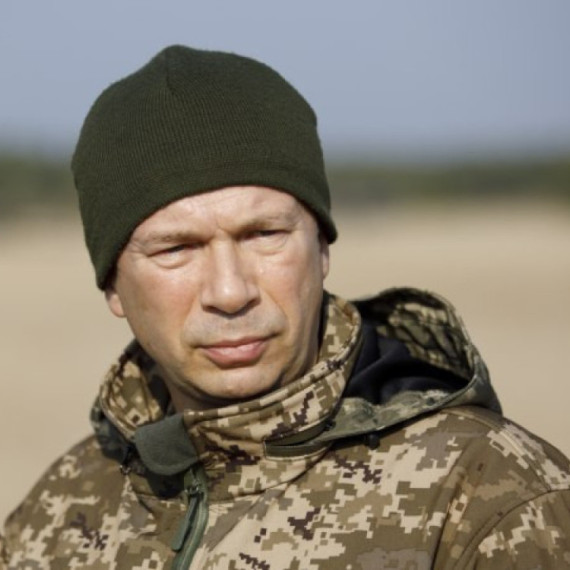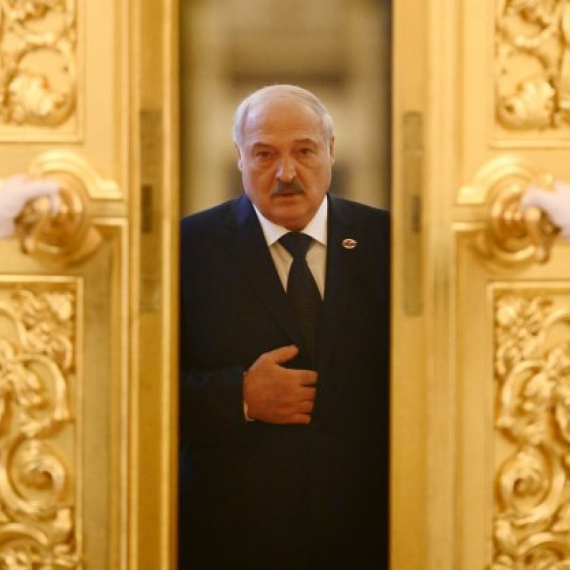Great powers and separatism
Breakaway movements tend to become proxies for the great powers, writes Tim Judah.
Monday, 18.08.2008.
15:58

Breakaway movements tend to become proxies for the great powers, writes Tim Judah. "The battles may go into remission, or a long ‘frozen conflict’ phase, but even with the best goodwill in the world, they may never be resolved peacefully," Judah wrote in his commentary published by the Los Angles Times. Great powers and separatism According to him, it is uncertain how the problems in South Ossetia, Abkhazia, Nagorno-Karabakh, Transnistria, Western Sahara and Cyprus, will be solved, Tanjug reports. Croatia, by contrast, this British analyst wrote, solved its problem with the breakaway Serbs in Krajina in 1995 with a massive, U.S.-encouraged armed assault. "Virtually all of Krajina’s Serbian population of 200,000 fled," the article says. International law is not much help in sorting out what should happen with breakaways either, because two principles – self-determination and the right of a nation to its territorial integrity – stand in conflict, which mighty use at will, Judah states in his commentary. He points to the similarities of Kosovo and current situation in South Ossetia and Abkhazia, because once they were autonomous provinces of greater countries – Kosovo was a province within Serbia in Yugoslavia, just as Abkhazia and South Ossetia were autonomous parts of the Soviet Georgia. However, even though many argue that Kosovo’s independence has set a precedent that Moscow is now following, we must not forget that “the simple truth is that whatever the rules, the [contested] laws and indeed the rights or wrongs of the issue, might makes right”, Judah concludes.
Great powers and separatism
According to him, it is uncertain how the problems in South Ossetia, Abkhazia, Nagorno-Karabakh, Transnistria, Western Sahara and Cyprus, will be solved, Tanjug reports.Croatia, by contrast, this British analyst wrote, solved its problem with the breakaway Serbs in Krajina in 1995 with a massive, U.S.-encouraged armed assault. "Virtually all of Krajina’s Serbian population of 200,000 fled," the article says.
International law is not much help in sorting out what should happen with breakaways either, because two principles – self-determination and the right of a nation to its territorial integrity – stand in conflict, which mighty use at will, Judah states in his commentary.
He points to the similarities of Kosovo and current situation in South Ossetia and Abkhazia, because once they were autonomous provinces of greater countries – Kosovo was a province within Serbia in Yugoslavia, just as Abkhazia and South Ossetia were autonomous parts of the Soviet Georgia.
However, even though many argue that Kosovo’s independence has set a precedent that Moscow is now following, we must not forget that “the simple truth is that whatever the rules, the [contested] laws and indeed the rights or wrongs of the issue, might makes right”, Judah concludes.




























































Komentari 4
Pogledaj komentare